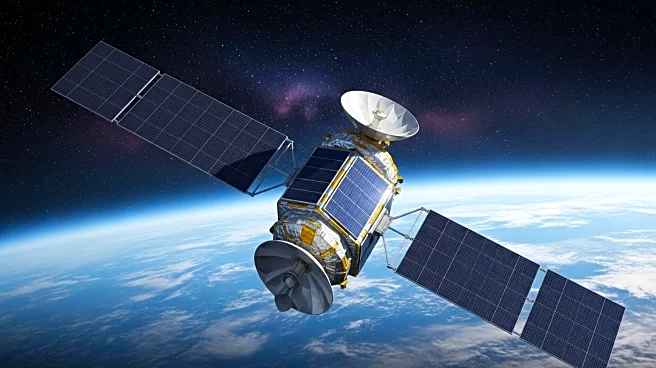What's Happening?
Governments are increasingly focusing on selecting and supporting critical startups and newcomers in the space sector, particularly those that can enhance defense capabilities. This shift is driven by the growing importance of space in real-time decision-making and tactical operations. The Space Force, despite being a relatively new branch of the military, is working to establish its culture and war-fighting doctrine. The space investment landscape is also evolving, influenced by macroeconomic and geopolitical factors, requiring careful navigation of capital markets and government regulations.
Why It's Important?
The emphasis on supporting critical space startups highlights the strategic importance of space in national defense and security. As space becomes more integral to military operations, the need for sovereign capabilities and collaboration with industry partners grows. This development could lead to increased government spending in the space sector, benefiting companies that can provide innovative solutions. However, it also presents challenges in terms of regulatory compliance and market competition. The outcome of these efforts will significantly impact the U.S. position in global space leadership and defense readiness.
What's Next?
Governments are expected to continue evaluating and supporting startups that align with national defense priorities. This may involve increased collaboration between the public and private sectors, as well as the formation of joint working groups to optimize space capabilities. The Space Force will likely focus on refining its operational strategies and expanding its influence within the military. Additionally, the evolving space investment landscape will require stakeholders to adapt to changing economic and geopolitical conditions, potentially leading to further consolidation and strategic partnerships in the industry.










